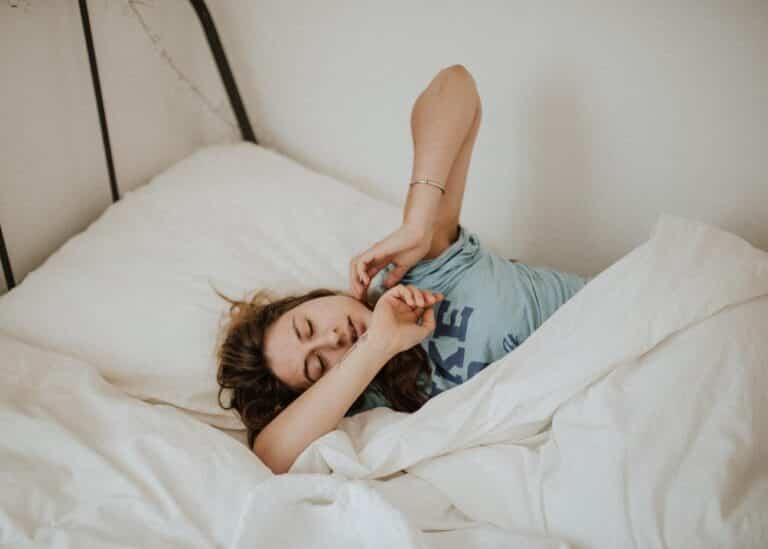Tips for Better Sleep Hygiene
Taking control of your sleep hygiene is one of the easiest ways of getting yourself a good sleep. Sound sleep hygiene means observing daily bed routines and setting a bedroom environment that promotes harmonious uninterrupted sleep.
A person can design their sleep hygiene practices to fit their needs and schedules and, in the process, develop positive sleep habits that make it easier for a sound sleep through the night and wake up feeling well-rested and strong.
Read through for tips for better sleep hygiene practices.
What is sleep hygiene?
Sleep hygiene refers to behaviors that one can practice to promote good sleep through behavioral measures and environmental practices in people with moderate or mild insomnia.
Strong sleep hygiene is essential since it promotes good sleep, which is vital for your physical, and mental health, and general quality of life.
Your behaviors in the day can affect how well you get asleep. Your schedules, food and drink choices, evening routine, and other factors play an important role in ensuring you have a good sleep.
Tips to improve your sleep
If you are not getting a night of good sleep, you can resort to various steps to improve your sleep, both at night and during the day.
Practice the following tips for better sleep.
1. Have a consistent bedtime routine and stick to it.
Having a relaxing bedtime schedule may help you unwind and become ready for sleep. And sticking to this routine makes your body recognize bedtimes and allows you to fall asleep quickly.
The perfect time to start following the routine is around 30 to 60 minutes before retiring to bed. You can include anything that makes you feel more relaxed in the routine unless it includes blue light devices.
These things may include:
- Taking a warm bath or shower.
- Gentle stretches to relax the body.
- Listening to soothing music.
- Spending few moments meditating to calm the mind.
2. Keep consistent sleep routines.
Try going to sleep and waking up at the same time daily, even on weekends and days you don’t feel any pressure to wake up early. Doing this will reinforce your sleep cycle or the internal clock, which is responsible for making you fall asleep and wake up every day.
Keeping a consistent sleep schedule also allow you to minimize daytime sleepiness. Ensure the time you choose will enable you to have 7 to 8 hours of sleep.
3. Exercise regularly.
Breaking a sweat for as little as 30 minutes a day can help improve the quality of sleep you get and your overall health. And doing the exercise outside can increase the benefits even more, as exposure to natural light regulates the sleep cycle.
Ensure you don’t exercise past one hour before bedtime. This will increase your body temperature and energy levels, making it difficult to fall asleep.
4. Switch off electronic devices before going to bed.
Devices such as laptops, phones, and TVs emit blue light, which reduces the melatonin levels in the body. Melatonin chemical regulates the sleep/wake cycle. So, when it is reduced, it can be hard to fall asleep.
Also, blue light may distract you by keeping the brain alert and hinder your ability to become sleepy. Not only does looking at your phone before bed is enough, keeping it close to you in bed can distract you even when you don’t know.
The buzzing, light, and message notifications can pop up suddenly in the middle of the night and wake you up, causing interrupted sleep.
5. Set a bedroom environment that promotes good sleep.
A quiet, dark room is helpful for falling and remaining asleep more easily. Usually, a bedroom temperature of 15.6ƟC to 19.4ƟC is the standard temperature for sleeping.
Ensure you also have a comfy mattress, bed linens, and pillows. The more you are comfortable, the more it is easier to fall and stay asleep.
Conclusion
Sleep hygiene is aimed at having good sleep habits. The behaviors you practice, both in the day and before bedtime, can significantly impact the quality of sleep you get.
In case you are having a hard time falling asleep, you can try these tips. Have a relaxing bedtime routine, stick to a schedule, switch your devices, set a good bedroom that promotes good sleep, and have comfortable beddings. Also read about sleep issues and diabetes.
Image Credit




